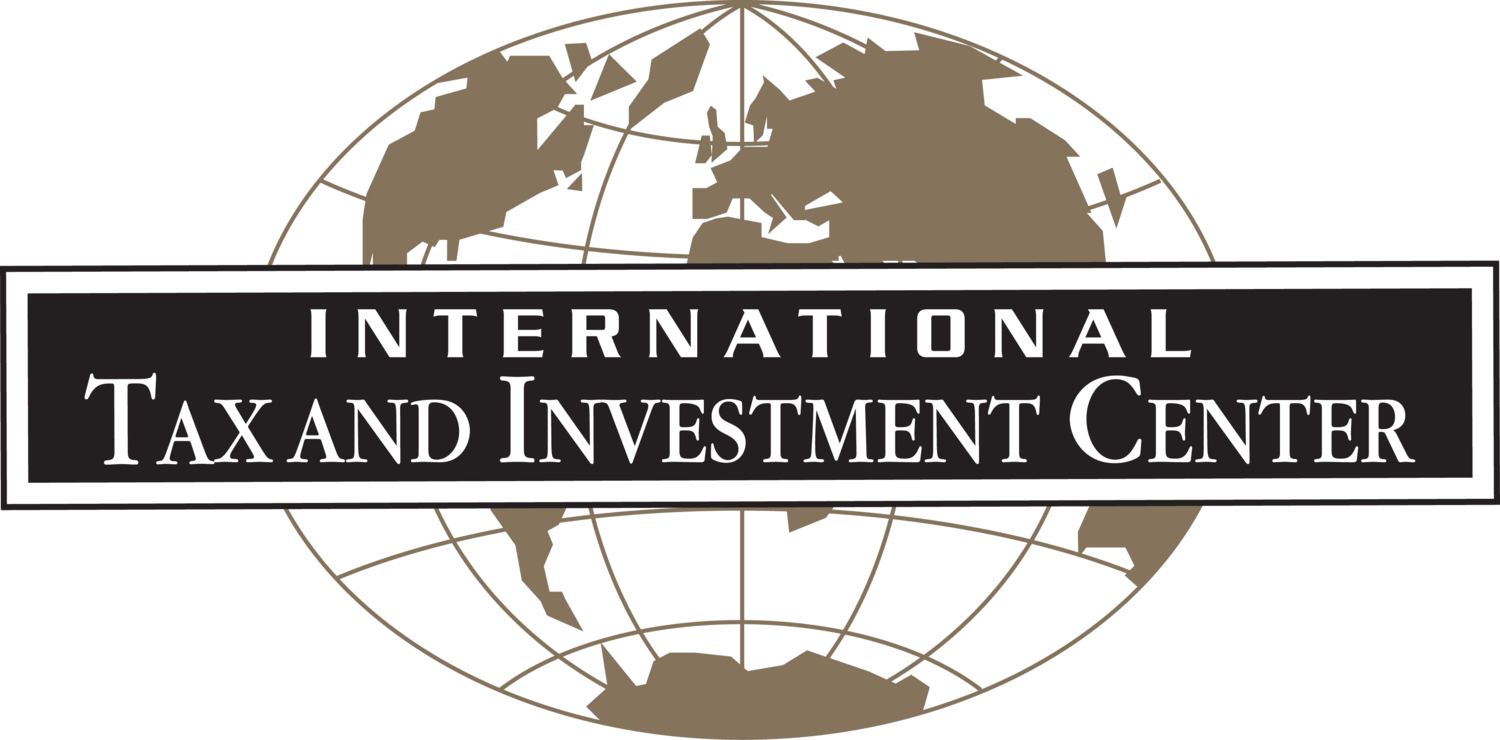Washington, DC – Fiscal officials from across 10 Eurasian countries met this week with leading academic specialists and private-sector representatives in The Hague, The Netherlands, for the 12th annual “Eurasia Tax Forum” hosted by the International Tax and Investment Center (www.iticnet.org). The conference focused on a number of economic and tax issues, including Eurasian growth and the “China factor,” fiscal consolidation in a low oil price environment, key tax issues in the Eurasian Economic Union, and how Eurasian countries are adapting to new guidelines related to Base Erosion and Profit Shifting (BEPS).
“Several of these countries are heavily reliant on the energy sector for large shares of their revenue streams, and this is one of many ways in which China’s slowdown has a considerable impact on Eurasian economic and fiscal performance,” remarked ITIC President Daniel Witt.
The meeting featured opening remarks by Hon. Onno Ruding, former Dutch Minister of Finance, who offered his views on Europe’s evolving relations with Eurasia. Participants also benefited from the expertise of Edwin Visser, EMEA Tax Policy Leader at PwC, and Graham Kellas, Senior Vice President for Global Fiscal Research at Wood Mackenzie, an energy analytics and economic forecasting consultancy, who detailed the fiscal impact of lower oil prices throughout the region.
Mr. Zamirbek Osmonov, Chairman of the State Tax Service of the Kyrgyz Republic, added that, “We held discussions with colleagues from Kazakhstan in the East to Belarus and Ukraine in the West and South through the Caucasus – it is a unique opportunity to discuss VAT and transfer pricing, for example, and to consider EU experience, both positive and negative.”
The Eurasia Tax Forum is an annual conference that brings together regional government officials, academic experts and investors for discussion of tax issues and the investment climate in Eurasian markets, as well as Eurasia’s integration into the global economy.
